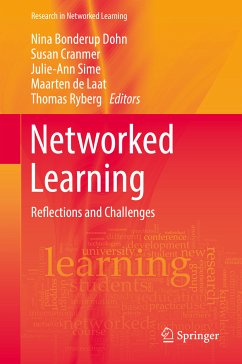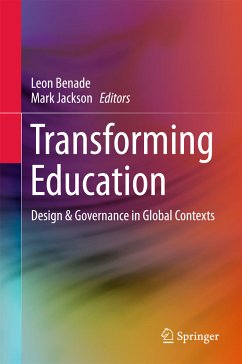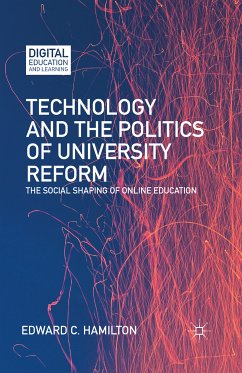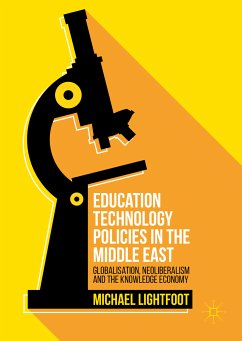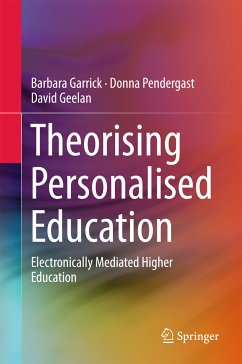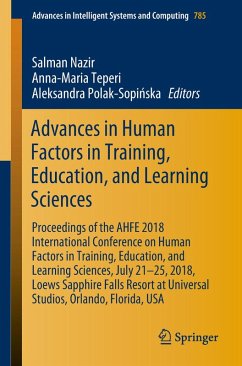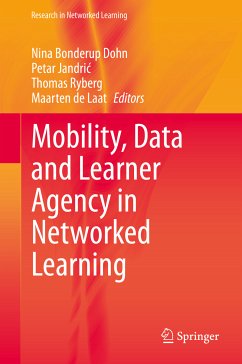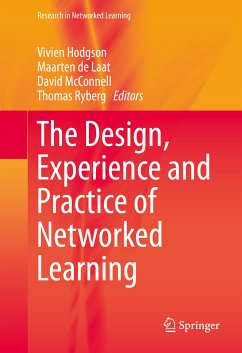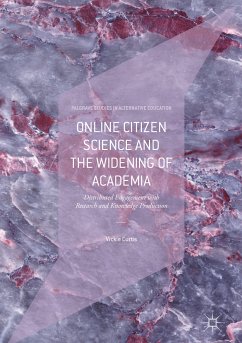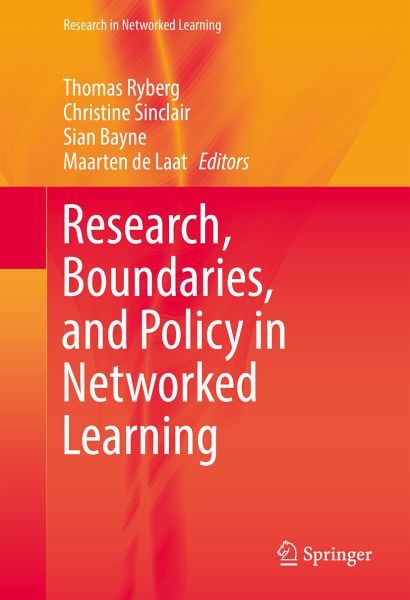
Research, Boundaries, and Policy in Networked Learning (eBook, PDF)

PAYBACK Punkte
36 °P sammeln!
This book presents cutting-edge, peer reviewed research on networked learning organized by three themes: policy in networked learning, researching networked learning, and boundaries in networked learning. The "policy in networked learning" section explores networked learning in relation to policy networks, spaces of algorithmic governance and more. The "boundaries in networked learning" section investigates frameworks of students' digital literacy practices, among other important frameworks in digital learning. Lastly, the "research in networked learning" section delves into new research metho...
This book presents cutting-edge, peer reviewed research on networked learning organized by three themes: policy in networked learning, researching networked learning, and boundaries in networked learning. The "policy in networked learning" section explores networked learning in relation to policy networks, spaces of algorithmic governance and more. The "boundaries in networked learning" section investigates frameworks of students' digital literacy practices, among other important frameworks in digital learning. Lastly, the "research in networked learning" section delves into new research methods in the field.
Dieser Download kann aus rechtlichen Gründen nur mit Rechnungsadresse in A, B, BG, CY, CZ, D, DK, EW, E, FIN, F, GR, HR, H, IRL, I, LT, L, LR, M, NL, PL, P, R, S, SLO, SK ausgeliefert werden.



